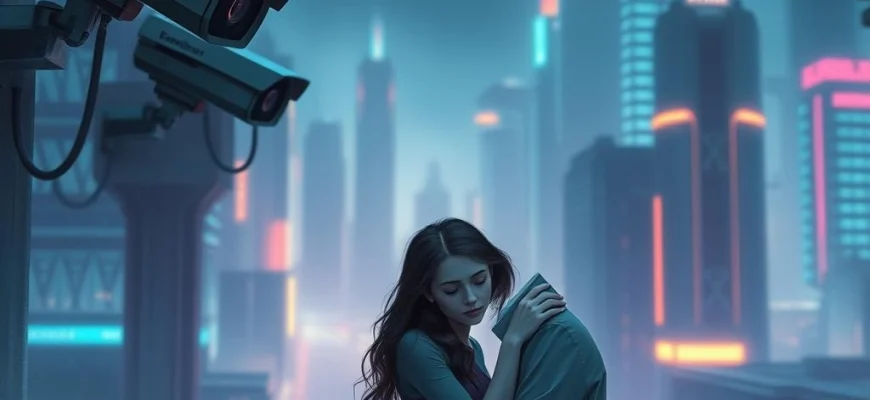If you were captivated by the dystopian romance and sci-fi intrigue of Code 46 (2003), you're in for a treat. This article explores 10 similarly thought-provoking movies and shows that blend futuristic settings with deep emotional narratives. Whether you loved the film's themes of love, identity, and surveillance, or its dreamy, atmospheric tone, these recommendations will satisfy your craving for more.
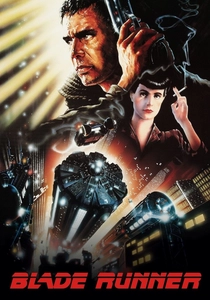
Blade Runner (1982)
Description: A seminal cyberpunk film that questions what it means to be human, featuring a rain-soaked, neon-lit dystopian future.
Fact: The film's distinctive visual style has influenced countless subsequent sci-fi works, creating the blueprint for cyberpunk aesthetics.
 Watch Now
Watch Now 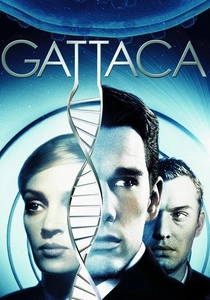
Gattaca (1997)
Description: A dystopian sci-fi film exploring themes of genetic discrimination and human identity, set in a near-future society where one's DNA determines their fate.
Fact: The film's title is derived from the letters G, A, T, and C, which stand for the four nucleotide bases of DNA. It was shot in a unique sepia tone to emphasize its retro-futuristic aesthetic.
 Watch Now
Watch Now 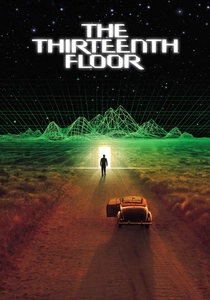
The Thirteenth Floor (1999)
Description: A mind-bending sci-fi noir that explores simulated realities and the nature of existence, featuring multiple layers of deception.
Fact: The film was released the same year as The Matrix but received less attention despite sharing similar reality-bending themes.
 Watch Now
Watch Now 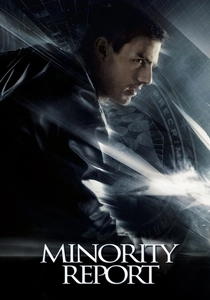
Minority Report (2002)
Description: A neo-noir sci-fi thriller exploring free will versus predestination, featuring advanced technology and a morally ambiguous future.
Fact: The film's futuristic interfaces were designed in collaboration with actual technologists to create plausible near-future tech.
 Watch Now
Watch Now 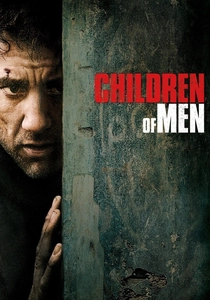
Children of Men (2006)
Description: A bleak, near-future thriller centered around societal collapse and the last hope for humanity, featuring a gritty, realistic visual style.
Fact: Several long-take shots in the film were achieved through complex choreography and hidden cuts, including a famous 4-minute single-take action sequence.
 Watch Now
Watch Now 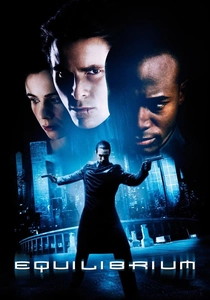
Equilibrium (2002)
Description: A dystopian action film where emotions are suppressed in a totalitarian society, blending philosophical themes with stylized action sequences.
Fact: The film introduced 'Gun Kata', a fictional martial art combining gunplay and hand-to-hand combat, which became iconic among fans.
 Watch Now
Watch Now 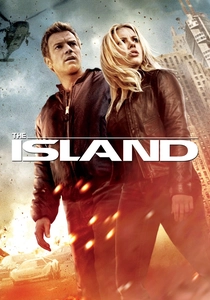
The Island (2005)
Description: A sci-fi action film that delves into themes of cloning and personal identity, set in a controlled utopian facility hiding dark secrets.
Fact: The film's premise was partially inspired by real-life controversies surrounding human cloning and organ harvesting.
 Watch Now
Watch Now 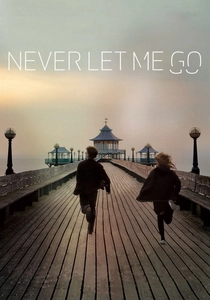
Never Let Me Go (2010)
Description: A haunting drama with sci-fi elements, focusing on the lives of clones raised for organ donation, exploring themes of mortality and humanity.
Fact: The story originated as a novel by Kazuo Ishiguro, who deliberately left the sci-fi elements ambiguous to focus on the human drama.
 Watch Now
Watch Now 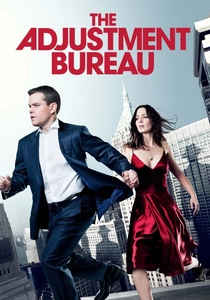
The Adjustment Bureau (2011)
Description: A romantic sci-fi thriller about fate versus free will, where mysterious forces manipulate people's lives behind the scenes.
Fact: The film is loosely based on a short story by Philip K. Dick, known for his mind-bending sci-fi concepts.
 Watch Now
Watch Now 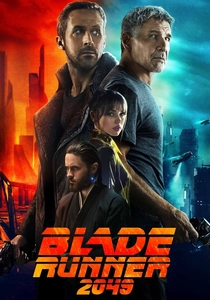
Blade Runner 2049 (2017)
Description: A visually stunning sequel that expands on themes of artificial life and identity, maintaining the original's atmospheric dystopian tone.
Fact: The film used practical effects wherever possible, including building massive sets and using real vehicles to maintain tactile realism.
 Watch Now
Watch Now 
